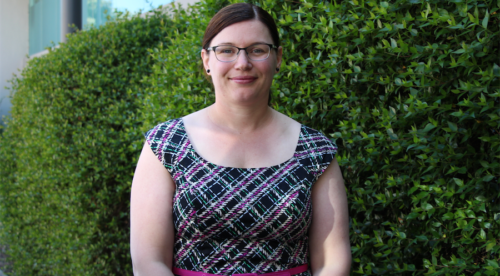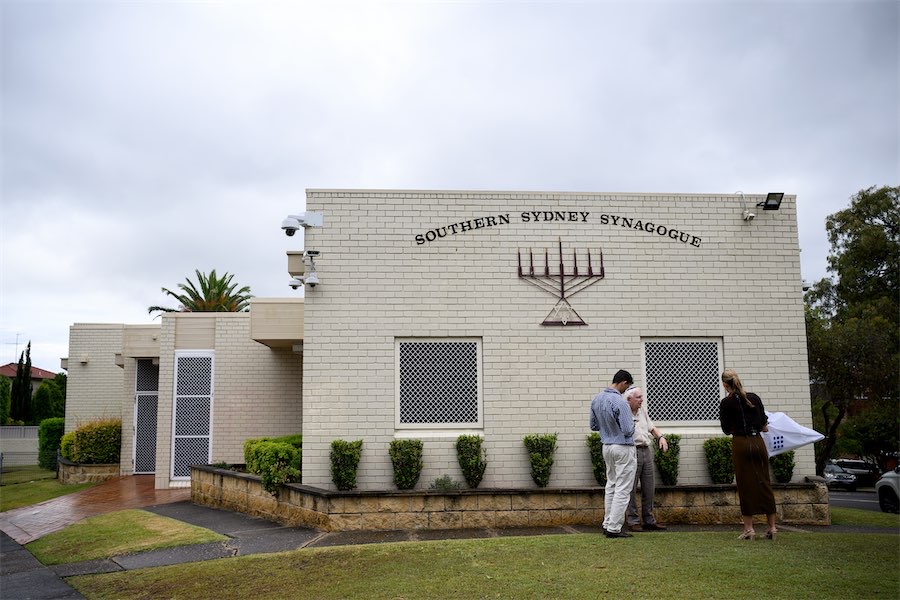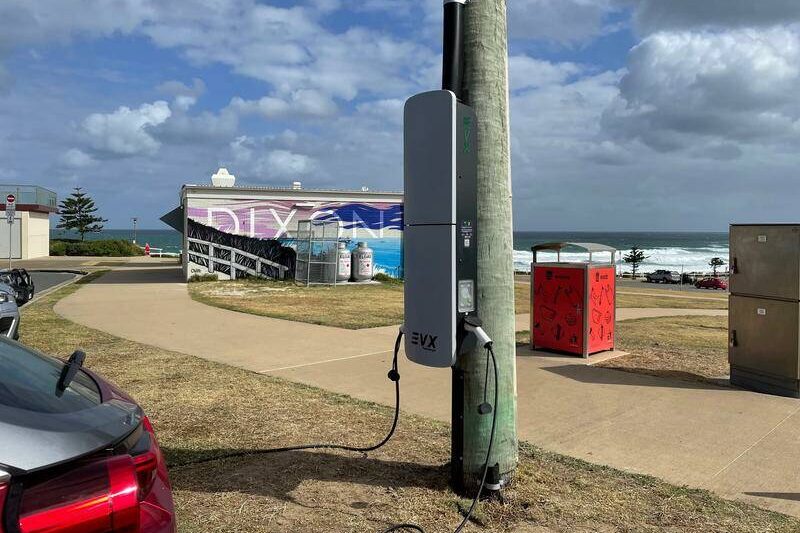
WHEN Spence’s Madeleine Taylor was chosen to speak in front of a large crowd at a global YMCA forum in London, she decided to talk about how her life crumbled before her eyes at the age of 19 and then again in her 20s.
Madeleine, 31, who was the only representative chosen from the ACT (out of 48 people nationally), didn’t choose to tell these stories to get sympathy, instead she wanted to highlight the importance of resilience – something she’s built on in the past 12 years.
The event, YMCA175, celebrated 175 years since YMCA began and it also created a platform to address social challenges and empower young people, which is another reason why Madeleine, who is a chief risk officer for YMCA Canberra, decided to talk about the hard times she’s experienced and how she’s overcome them.
“When I was younger, my life plan was to be in the army but I ended up getting medically discharged from ADFA,” says Madeleine who was discharged after she hurt her knee playing rugby.
“It changed my future and I had to find a new passion. It was hard because I had done army cadets, gone to every ADFA open day and a lot of my family are in the army, so it was very entrenched in my life.”
When Madeleine couldn’t continue her dream in the army she looked towards her grandparents who have owned and managed lots of small businesses over the years.
“I moved my passion from the army to business,” says Madeleine who moved to Brisbane where she finished her business degree.
After her degree, things were looking up and she gained experience working in procurement for big businesses.
“Then I was volunteering for CIPS Australasia, organising events and they offered me a job in Melbourne offering training events across the country,” she says.
Madeleine quickly moved into a senior position with the company before she was offered a dream job.
“I was offered a job in Singapore where I would sell and run training in Asia but that fell through, three weeks before I was going to go,” she says.
But the bad news didn’t stop there. Madeleine’s long-term partner told her a day before she was about to head to the UK for training that he no longer wanted to come; she had lost her dream job, had nowhere to live and her dog (also her best friend) died.
“It’s kind of funny in retrospect,” she says.
“There was so much drama I wrote a novella about it which landed on the top 20 bestseller list on Amazon in the categories it was published in.”
Determined to still work in Asia, she landed an even better job in Hong Kong, where she worked for a year before returning to Canberra, ready to start a family.
When sharing these experiences in London, Madeleine wanted people to see that while it might seem like the end of the world at the time, it’s not.
“It’s not the end of the world, nothing is the end of the world and the sun will come up tomorrow,” she says.
For that reason, she thought resilience would be a good topic to talk about.
“You can’t really teach someone resilience but you can help them build it in themselves,” she says.
One way Madeleine says people can build resilience is through mindfulness, which looks different for everyone.
“It might be writing or playing an instrument or drawing,” she says.
“But one of the absolute critical things when it comes to resilience is support.
“Hopefully you have family and friends and if you do, you have to be vulnerable to say you need help.
“I was really lucky to have an amazing family and friends around me.”
Planning is also important, according to Madeleine, who says that when things fall through it’s good to plan another way to get the outcome people want.
“Can you get the job you want in another country?” she says.
“If you’re willing to put in the hard work, generally you can resolve it.
“And with hard work and luck, hopefully people get their break when they’re facing a difficult time.”
At YMCA Canberra, Madeleine says they believe in the power of inspired young people.
But, she says, young people can’t fight for the change they want if they don’t have their basic needs met first.
“At the Y, if we can give young people skills such as resilience, then we can empower them and help them have this impact,” she says.
Who can be trusted?
In a world of spin and confusion, there’s never been a more important time to support independent journalism in Canberra.
If you trust our work online and want to enforce the power of independent voices, I invite you to make a small contribution.
Every dollar of support is invested back into our journalism to help keep citynews.com.au strong and free.
Thank you,
Ian Meikle, editor





Leave a Reply